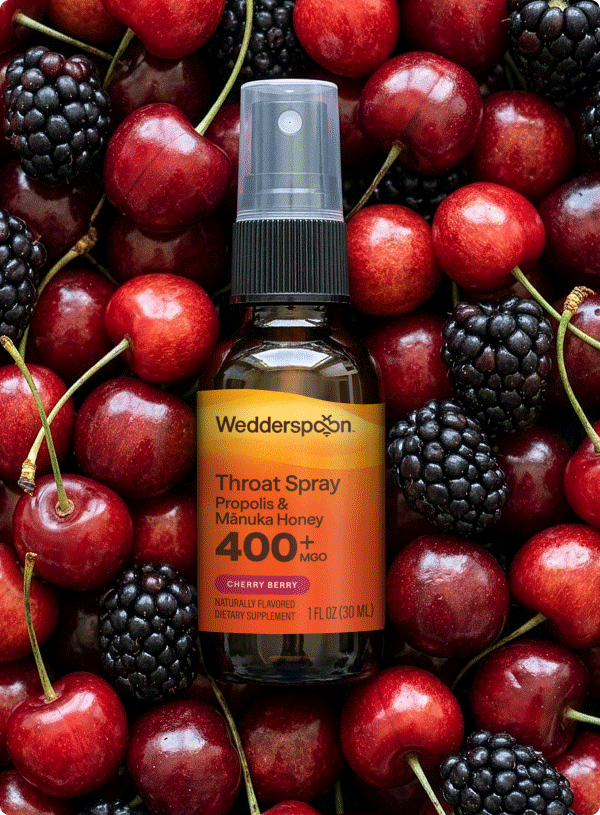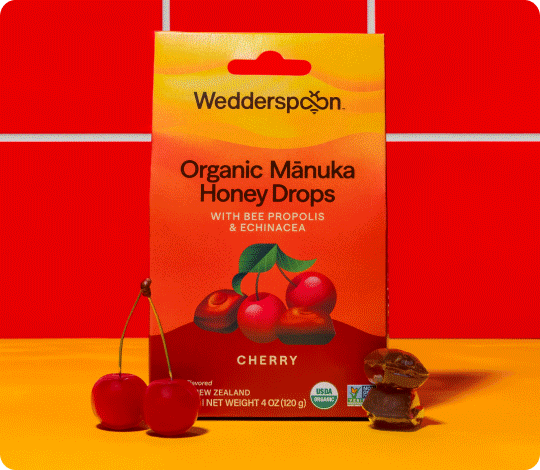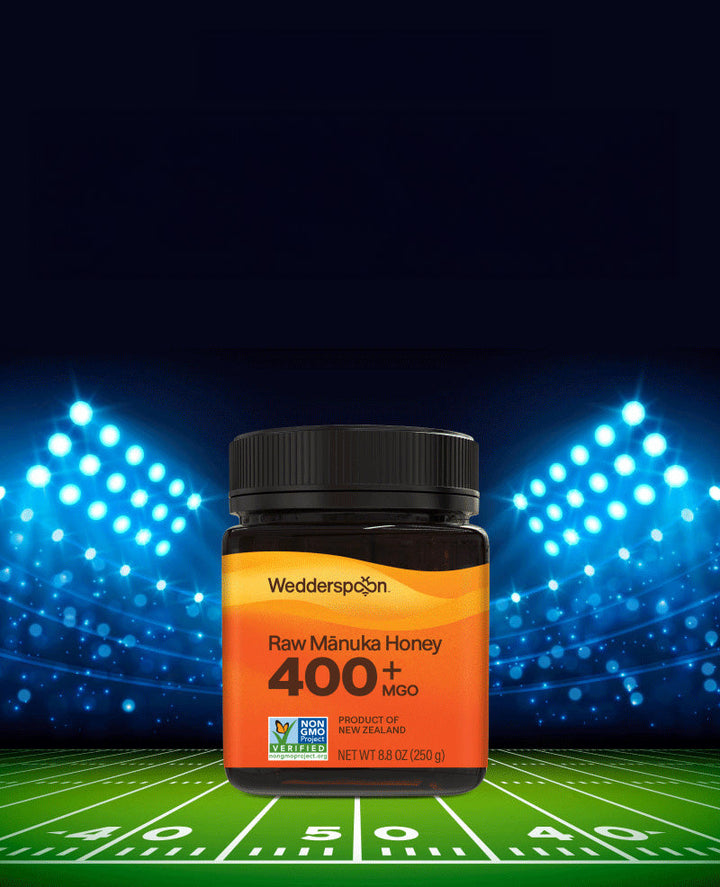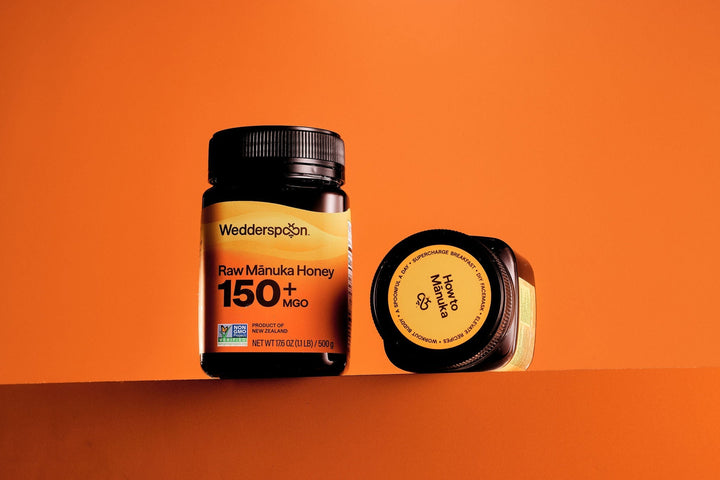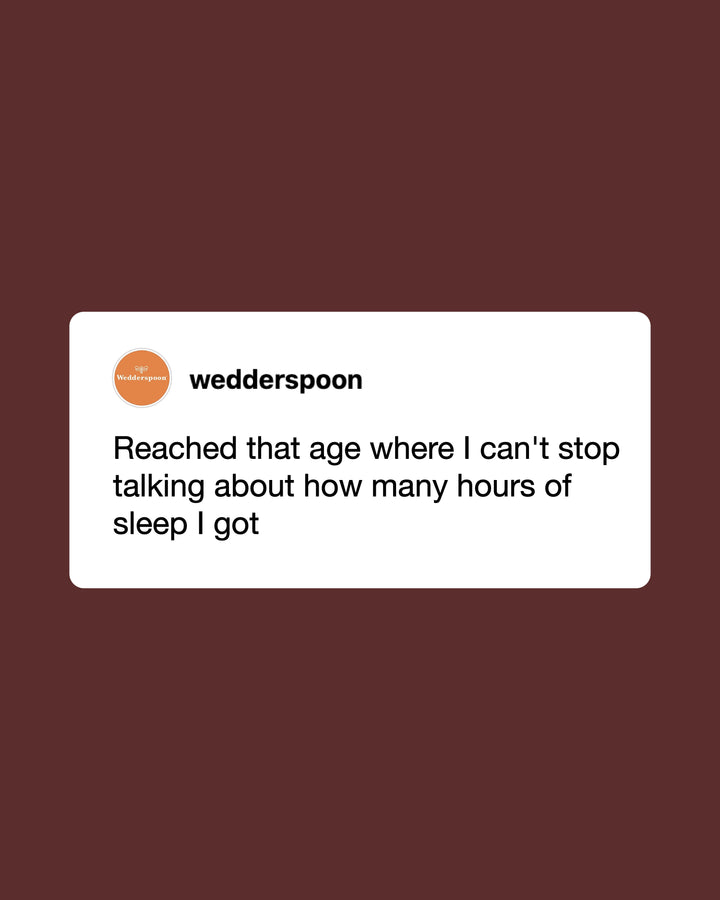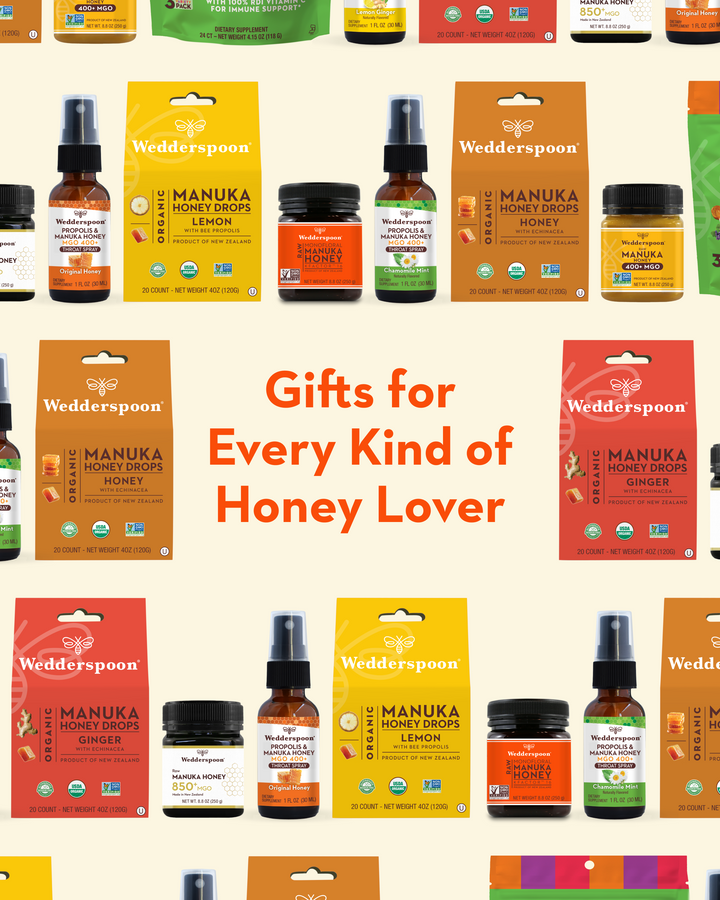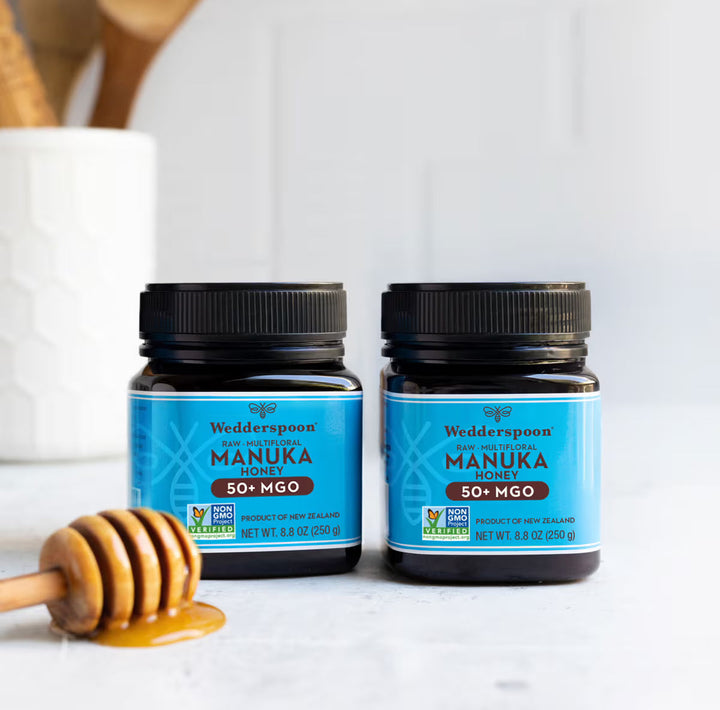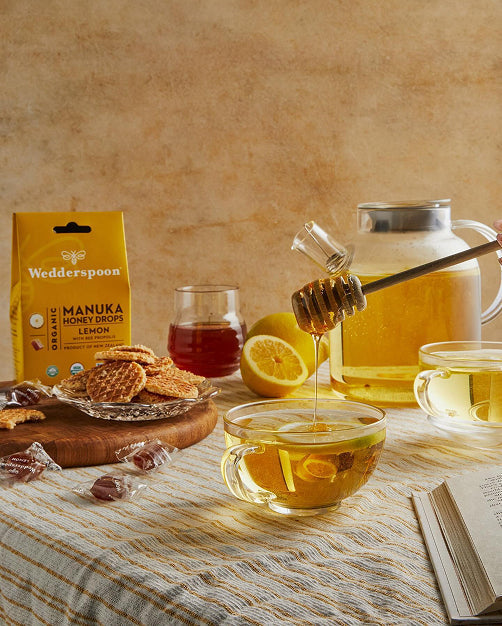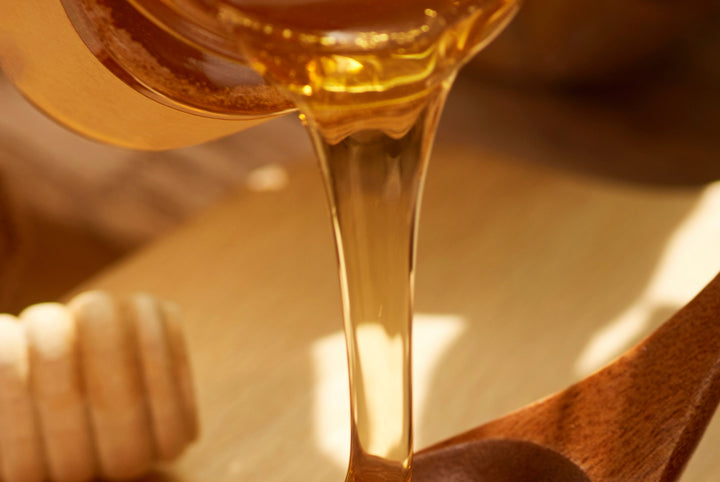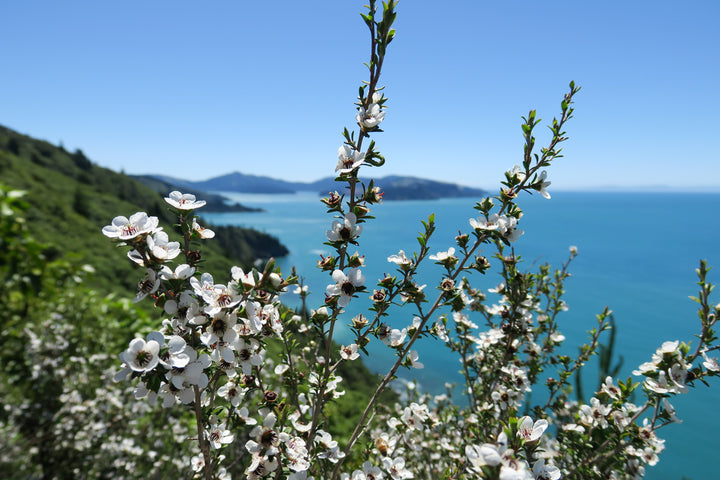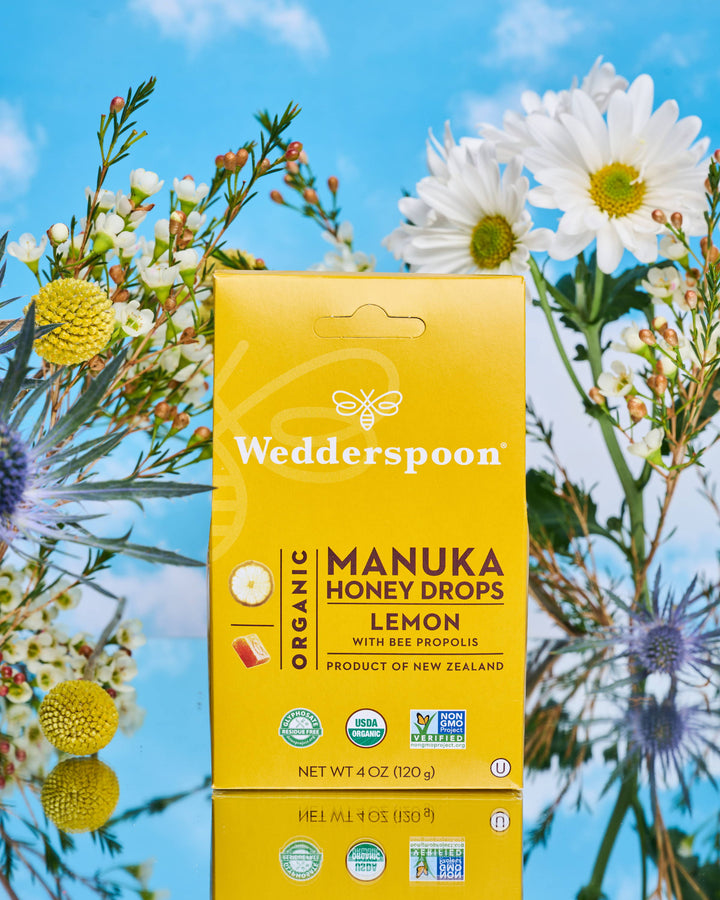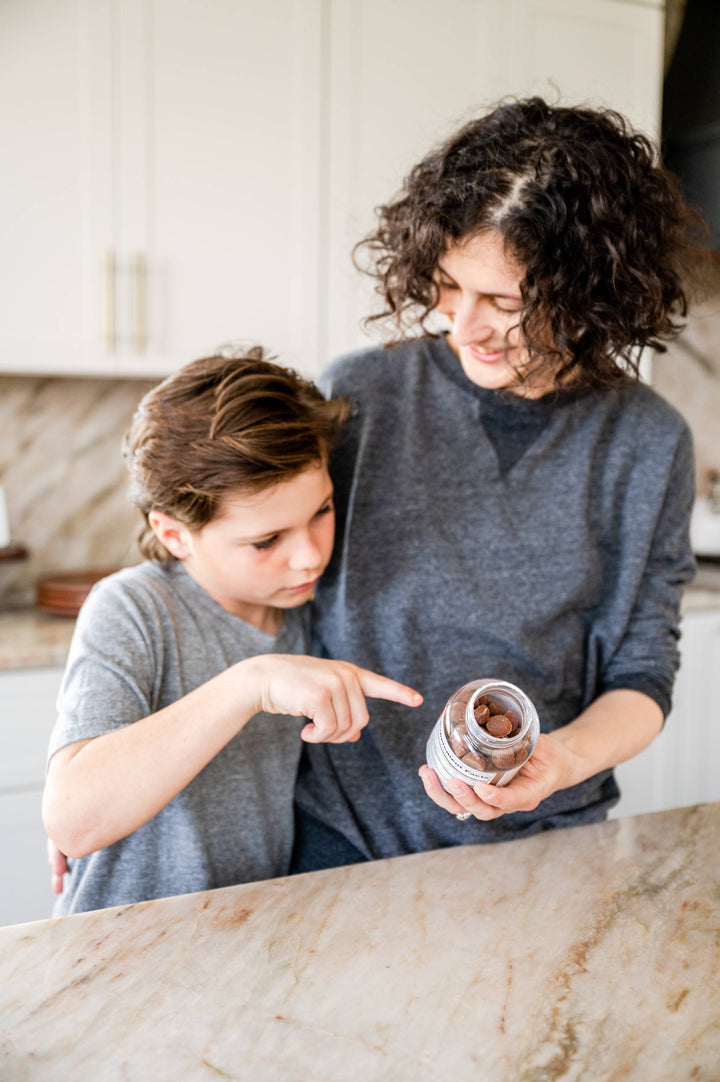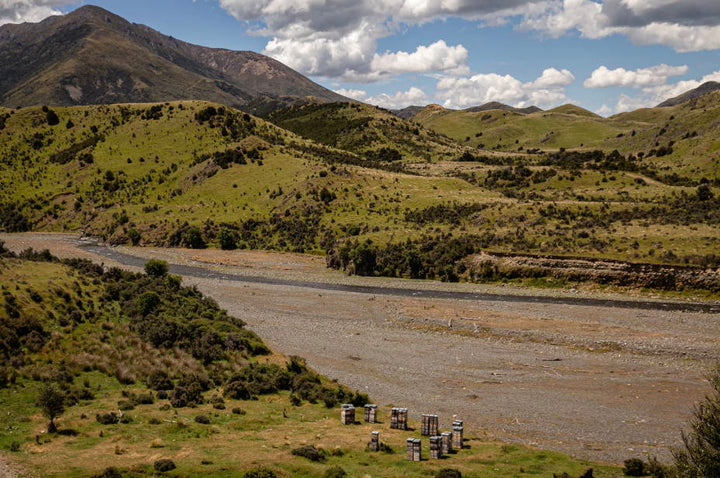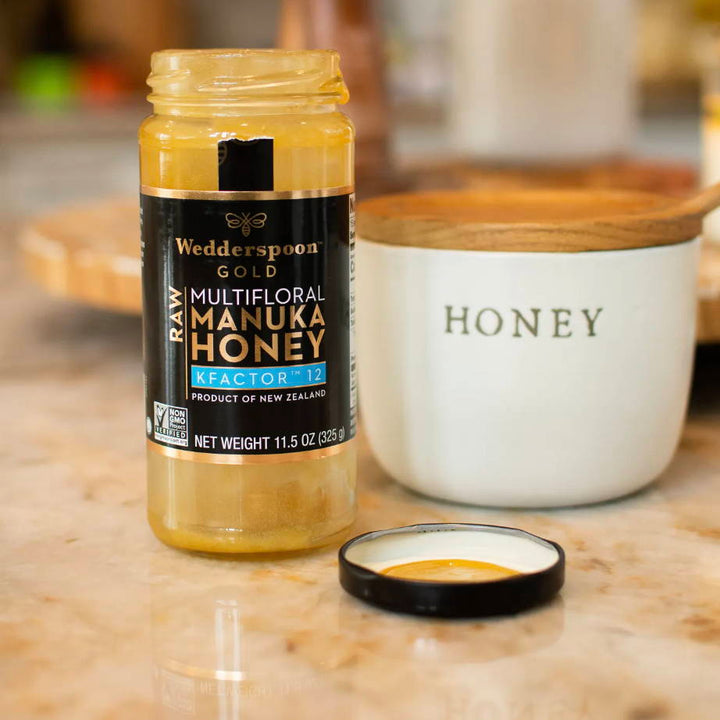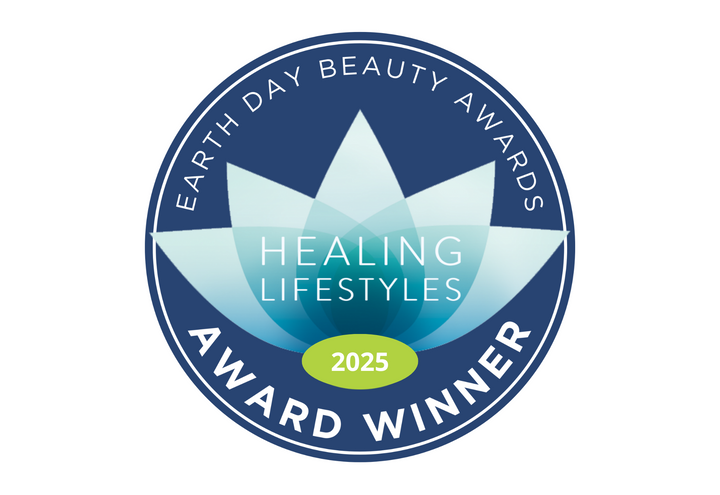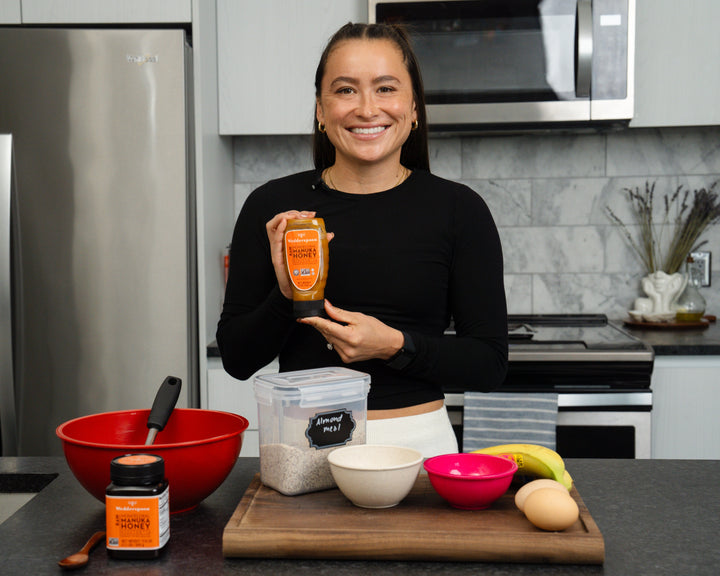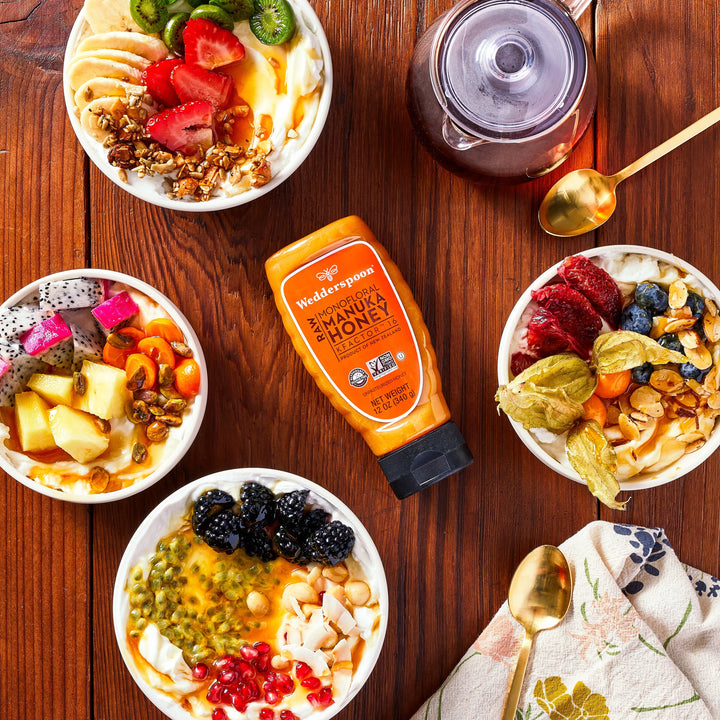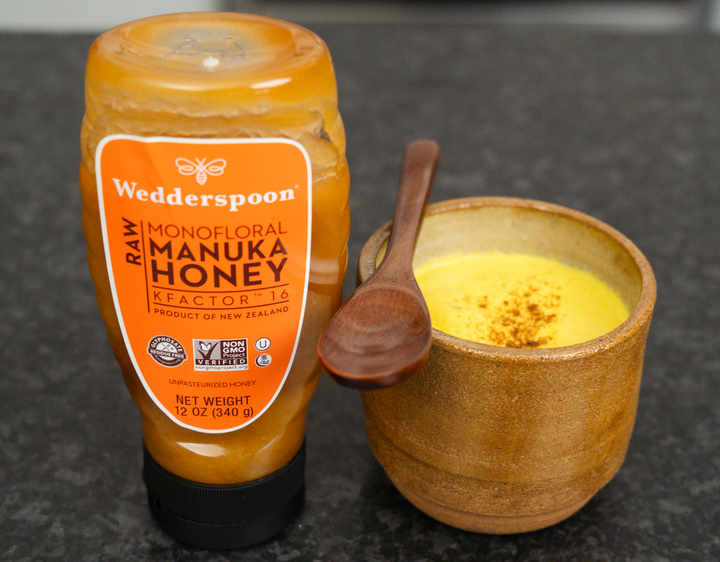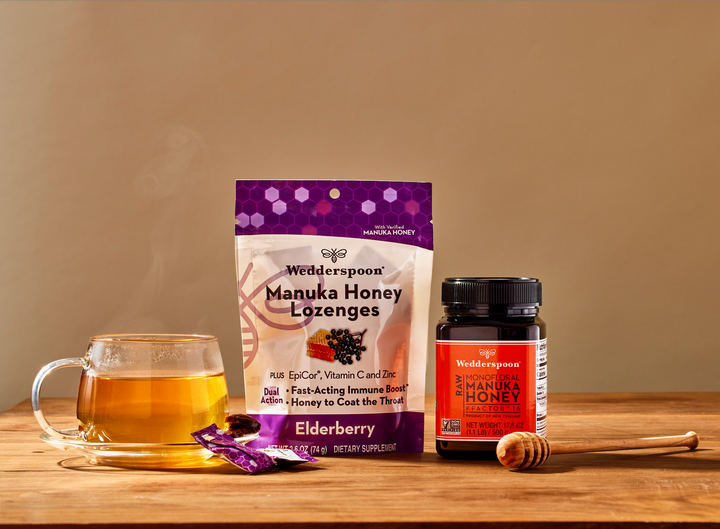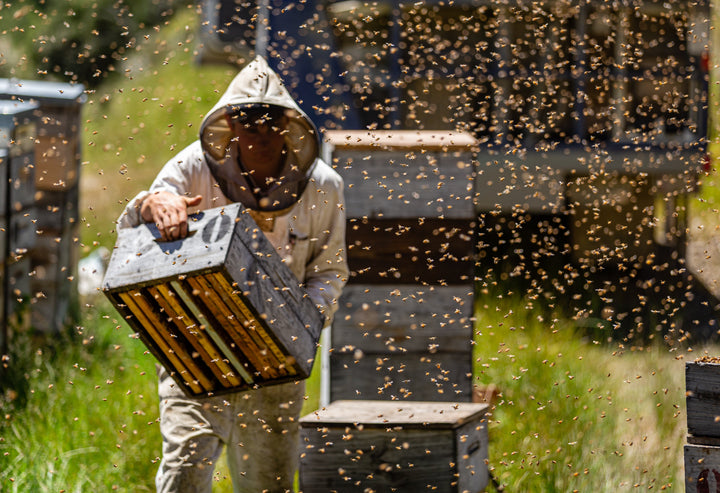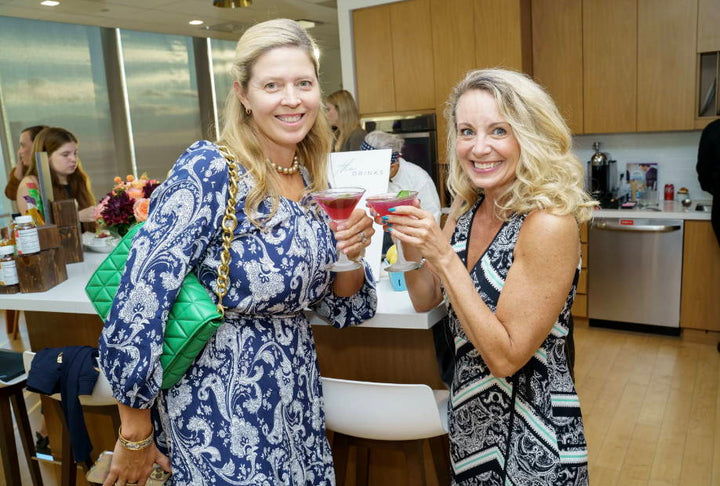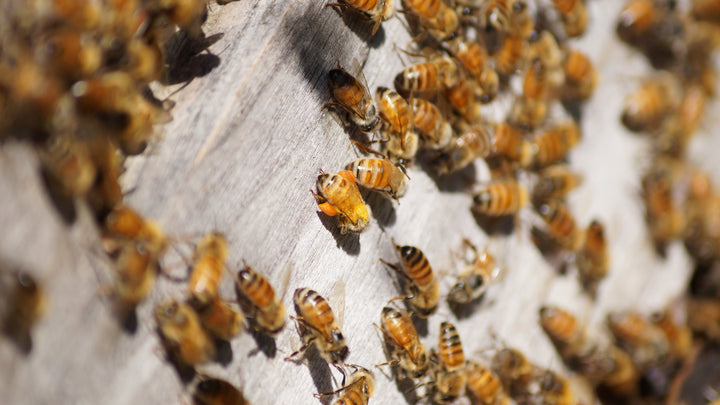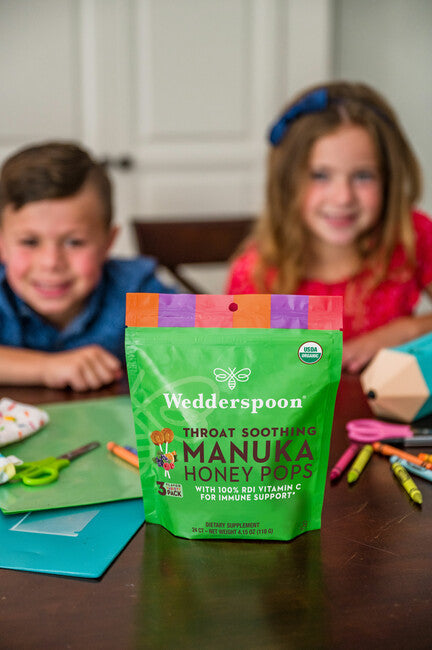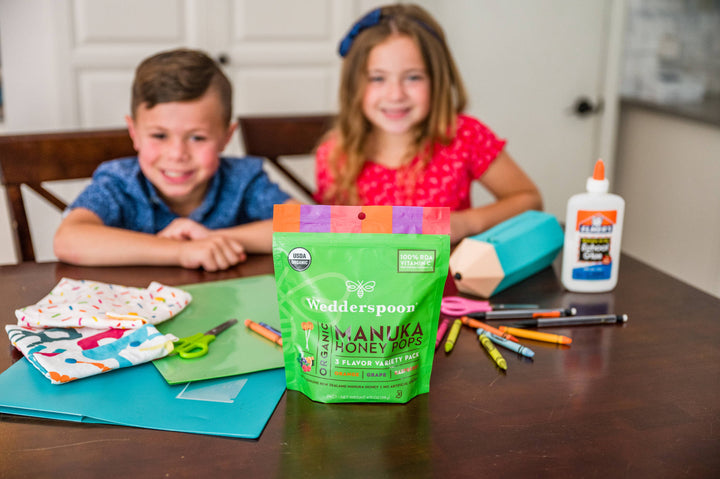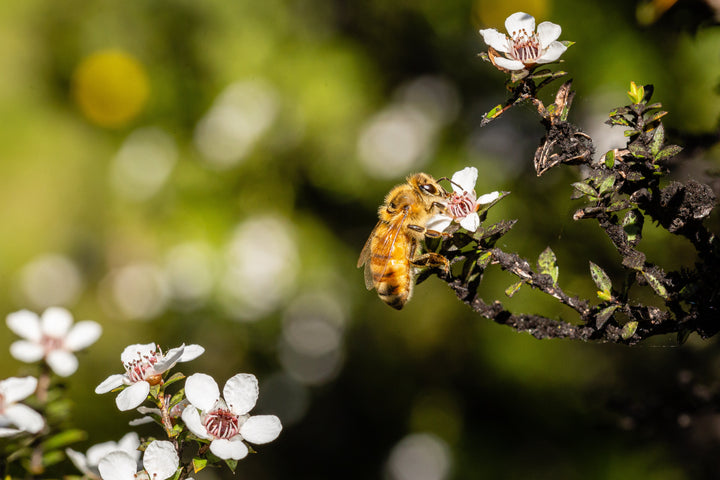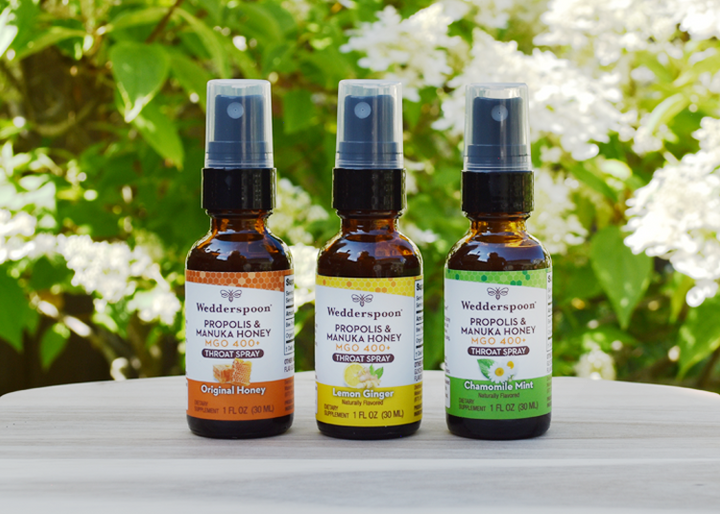World Bee Day is recognized annually on May 20th. This special day is meant to bring awareness to bees, their role in our ecosystem and the threats to their livelihood. Bees are considered the world’s most vital pollinator. The United Nations deemed May 20th as World Bee Day because it coincides with Anton Jansa’s birthday. In the 18th century, Jansa pioneered modern beekeeping methods in Slovenia. Read more about this on the UN’s website.
The Connection Between Bees and Humans
The next time you see and hear a bee buzzing around, before you get annoyed or swat at them, think about their importance. According to the United Nations, 75% of the world’s food crops depend on pollination from bees and other pollinators. Without bees, we would simply not survive - the food we consume each and every day would not be available to us. Bees support biodiversity which is essential to life on Earth!
It is in our own best interest to take care of and support bees, which are unfortunately on the decline. Bees are at risk of extinction due to environmental changes, but largely because of human actions, like the increased use of pesticides, pollution and changes in land use.
Fun Facts About Bees
Bees are actually quite interesting. Did you know…..
-
There are eight existing species of honeybees.
-
There are an estimated 3 million honeybee colonies in the U.S.
-
A bee can produce up to a tablespoon of honey in its lifetime.
-
Honeybees communicate with one another through movement or dancing.
-
A queen bee can live up to five years.
How You Can Support Bees
You can support bees in simple ways every day. Avoid using pesticides in your own garden. Not only does it harm bees, but it harms humans and pets too. In addition to avoiding pesticides, you can take it a step further and create a garden that attracts and supports bees. Build a pollinator-friendly garden in your home and/or community.
Another thing you can do is teach your children (if you have them) to respect bees and understand their importance. Teach your children how to safely interact near them, rather than be afraid. Talk to your kids about simply letting bees exist around them and how to give the bees space to avoid being stung, rather than swatting or killing them. By teaching our kids these lessons, we are helping the next generations of bees survive and thrive.
Likewise, if you notice your neighbors using pesticides, consider having a friendly conversation with them to educate them about the importance of bees, and of course the dangers of using pesticides. Helping to change just a couple of your neighbor’s actions makes a big difference. When we all do our part, it really adds up.
How Wedderspoon Supports Bees
Here at Wedderspoon, our honeybees are like family to us. We take pride in showing respect and care to our bee colonies year-round.
Our honeybees live in colorful hives in a beautiful New Zealand valley, where they forage free-range style on naturally growing Manuka blossoms. When we harvest Manuka Honey, we are ever so careful so we disturb them as little as possible, and leave them with their own supply of honey to carry them through the winter months. You can learn more about why honeybees rely on their own honey in the winter, here.
Wedderspoon is also proud to support the Rodale Institute, which is a non-profit organization dedicated to pioneering organic farming through research and outreach. We sponsor a hive at the Honeybee Conservancy at the Rodale Institute, which you can learn more about here.
